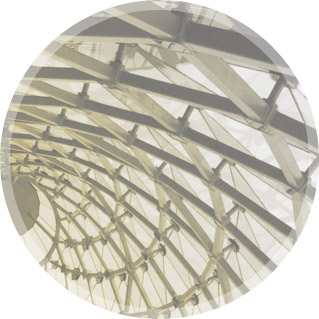Norwich University
School of Architecture and Art
Study in a studio environment that encourages creativity, critical thinking, independent learning, and the exploration of ideas through hands-on making. Our innovative approach to education integrates ongoing, experiential learning with traditional classroom learning.
Digital and physical making classes give you the tools to develop a visual language to communicate ideas. Cross-disciplinary classes in integrated building systems and technology courses let you investigate how buildings perform. History and theory courses enable current work, ideas, and strategies to talk across time and place. General education courses and electives in the arts, humanities, and sciences allow you to explore architecture’s role in the world.
The Design+Build Collaborative: As the only university in northern New England to offer integrated professionally accredited programs in Architecture, Business, Engineering, Construction, and Nursing, the Design+Build Collaborative takes you from design thinking to design doing and making. While at Norwich, you will have opportunities to work in communities with students and faculty in other disciplines to solve real-world problems and develop your design knowledge and team building skills. Learn how design can make people’s lives better.

Setting
With typical design studio ratios of 16 STUDENTS to 1 PROFESSOR, classes in some ways resemble a large architectural office and encourage the exchange of ideas and intense effort.
Year after year, architects in the field say that our graduates are well prepared for the profession because they have a working understanding of what an integrated design process requires.
School Philosophy
The School of Architecture + Art fosters a natural and effective mentoring relationship between faculty and students. Courses take a balanced approach to the art and science of architecture, embrace environmental sustainability and design resiliency, and allow you to develop your own vision as a designer.

Programs
Begin your architectural education with a B.S. in Architecture Studies where you will learn vital technical, artistic, design, leadership and communication skills.
Continue with the Norwich one-year (plus one summer), National Architectural Accrediting Board accredited Master of Architecture program, which prepares you for licensure.
In addition, for students who hold a baccalaureate degree in any field from an accredited college or university, the M. Arch III track provides a track for completion of the Master of Architecture in 1 -3 years. We are the only university in northern New England to offer integrated professionally accredited programs in Architecture, Business, Construction, Engineering, and Nursing which gives you a chance to carve out your own path of study and pursue minors in other areas, including art history, business, construction management, engineering, entrepreneurship, leadership and studio arts.

of Focus
1. Art & Design
2. Digital Fabrication & Technology
3. Materials and Construction
4. Building Technologies
5. Historic Preservation
6. Community Design
7. History |Theory | Criticism
8. Resilience

Opportunities

Facilities

Policies
Transfer Policies
We approach each transfer student with a custom and in depth review of existing education. We encourage transfer students to reach out to inquire how we can best incorporate your current educational experience.



